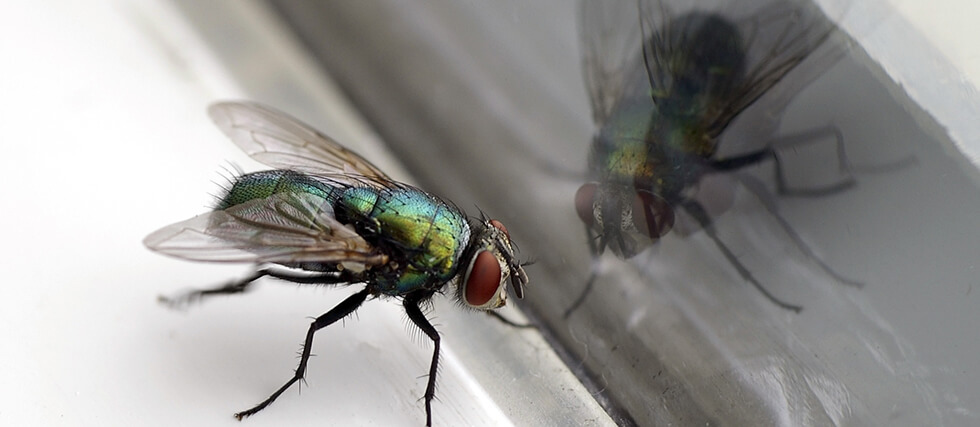Most of us instinctively swat at flies. They’re annoying, noisy, and often show up uninvited. But according to new research published in Biological Reviews, many of these insects—especially those in the Diptera order, like houseflies and fruit flies—deserve far more respect than we give them.
The Diptera order includes over 125,000 species, yet their role in global ecosystems is largely overlooked. Unlike butterflies, whose migrations are well-studied and celebrated, fly migrations remain poorly understood. However, this study found evidence of migratory behavior in nearly half of all Diptera families—outpacing even butterflies in some cases.
What makes these flies remarkable isn’t just how far they travel—some even reach Antarctica—but what they do along the way. Migrating flies serve as pollinators for essential crops, decompose organic waste, and help transport nutrients through ecosystems. They also respond to environmental cues like wind, sunlight, and polarized light to navigate, adjusting their body composition to survive long journeys.
Unfortunately, flies face the same environmental pressures as bees and butterflies—habitat destruction and pollution are all taking a toll. Yet, because they’re not as “charismatic,” their decline has flown under the radar.
As co-author Myles Menz puts it, “Dipteran migrants are vital to the planet’s ecosystems, yet they are hugely underappreciated.”
So next time a fly buzzes by, maybe don’t swat it. These tiny fliers might be helping pollinate your food or clean up the environment. The more we learn about them, the clearer it becomes—they’re not just pests. They’re planetary stewards in disguise.




